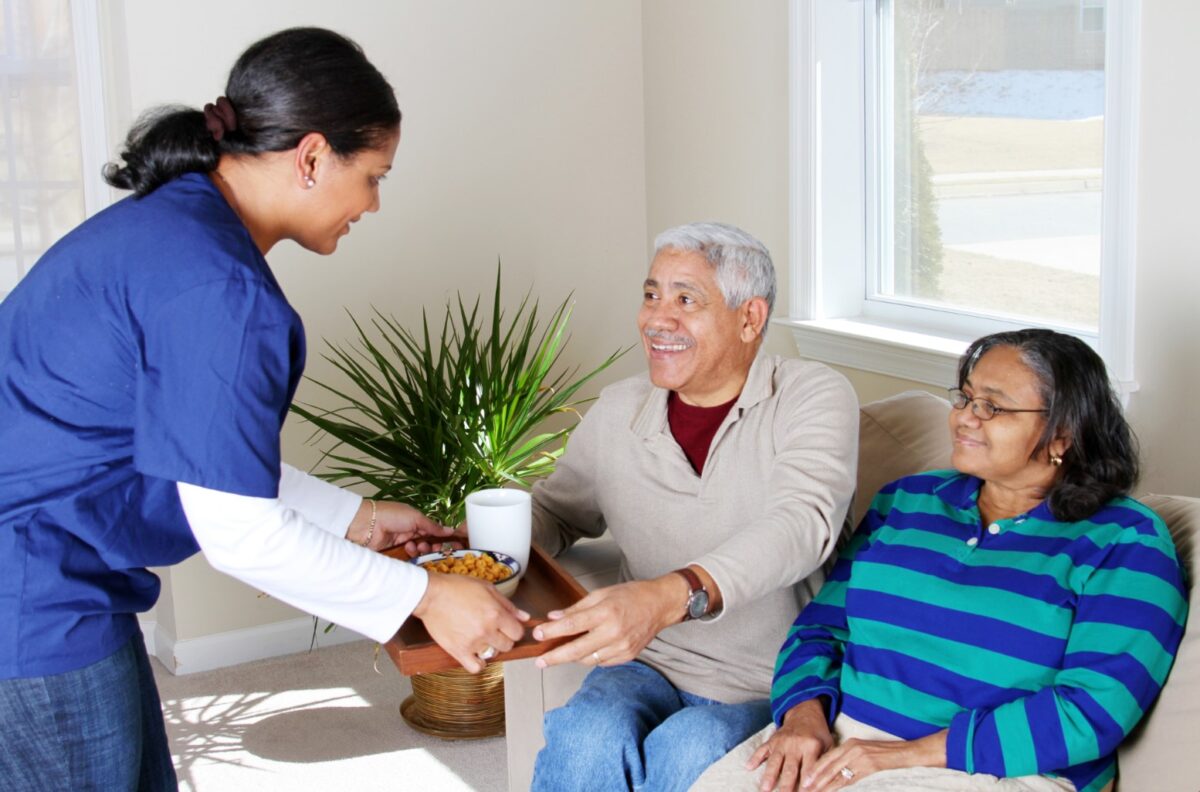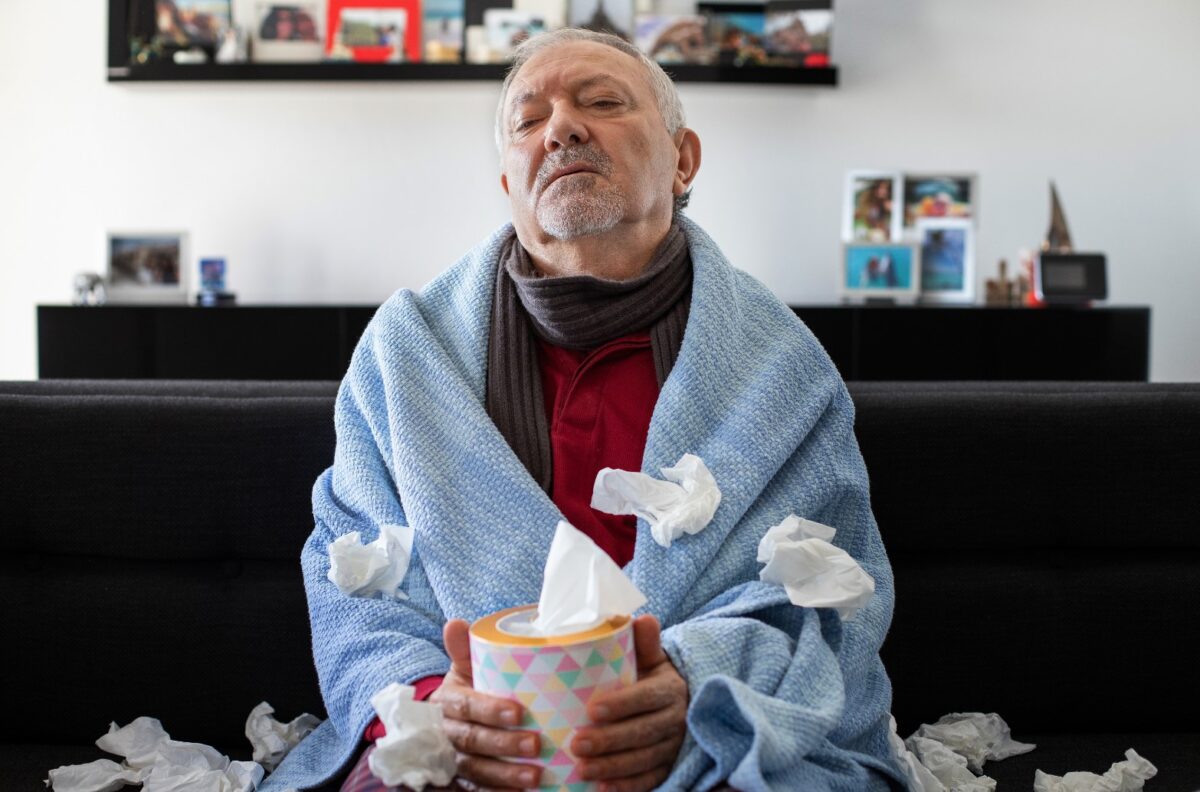Losing a loved one is difficult at any age, but particularly for seniors, who may have spent decades in a loving partnership. Moving on from a partner’s death is never easy, and it can be incredibly challenging for an older individual who has built longstanding routines to effectively process a spouse’s passing.
If you are a loved one, caregiver, or friend — or even a senior struggling yourself — the following four tips may be helpful in dealing with the aftermath of a spouse’s death.
1. Encourage the Surviving Partner to Be Kind to Him/Herself
The pain, fear, sadness, and guilt felt at a spouse’s death can be overwhelming. There is no one avenue to effectively process these feelings. But encouraging gentleness is helpful in avoiding debilitating feelings of guilt and doubt. Asking questions like “could I have done something differently?” is often self-defeating and ineffective. Rather than attempting to immediately understand why, and putting any blame on him or herself, encourage the surviving spouse to be as personally self-loving and compassionate as possible.
2. Seek Professional Support
There is often a stigma about seeking mental health support, a stigma that may be more common among older generations. Working with a therapist or other qualified mental health professional can be essential for working through grief regardless of your age or gender. If a senior is struggling, encouraging him or her to find support can be essential in starting the healing process as well as breaking down any taboos around counseling that may exist.
3. Maintain Physical Health
The loss of a spouse can be physically devastating to many older individuals. It is not uncommon for one spouse to pass shortly after the other, as the “will to live” ceases to exist.
As a caregiver, encourage a grieving partner not to neglect their own physical health — and if possible, participate by joining them for exercise or preparing meals together. In addition to the physical benefits, the camaraderie is essential in healing after a spouse’s death.
4. Socialize
Grieving alone can be an essential part of the process of navigating a loss. However, social support is essential to ultimately working through the grief and getting over a loved one’s passing.
Encourage the grieving senior to spend time with friends and family, and do your best to provide consistent social support. Walks, meals, trips, and other activities are all effective ways to spend time together.
Contact Us For Help
Home Helpers of Drexel Hill offers experienced caregiving services for seniors. Contact us today to learn how we can help care for the loved ones in your life.





